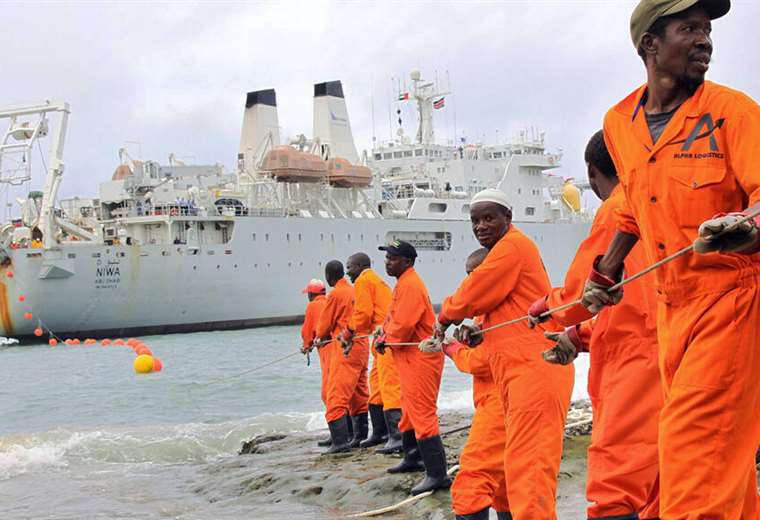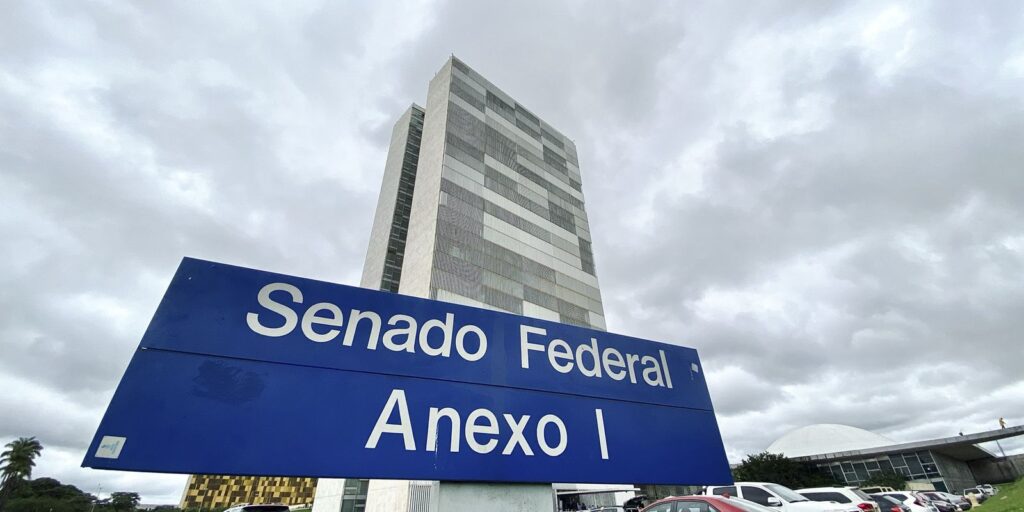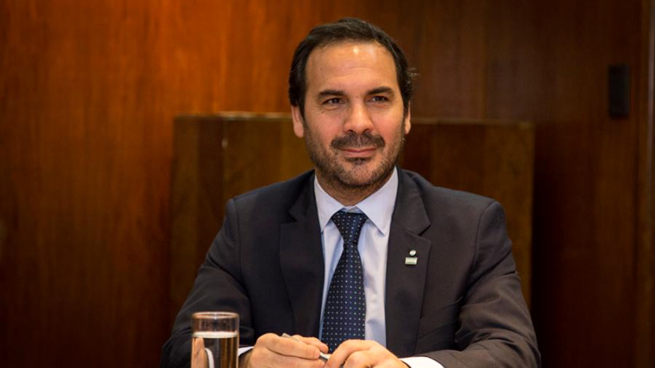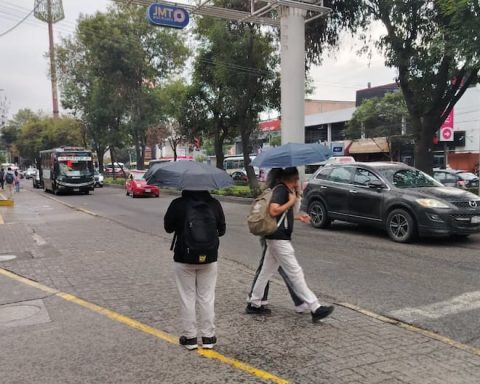September 20, 2022, 11:54 AM
September 20, 2022, 11:54 AM
In 2022, a third of the world’s population remains without internet access and the rate of new connections has slowed down, according to the latest UN statistics.
According to a study by the International Telecommunications Union, only 40% of the population of the African continent has a permanent connection. By comparison, Europe leads the way in internet penetration, with 89% of its residents having access.
slower progress
But the figures published by the UN agency also show a worrying reality: the growth of internet networks is slowing down almost everywhere in the world. This trend is deepening, the ITU notes, suggesting that without massive investment in infrastructure and a renewed push to foster users’ digital skills, the chances of connecting the latest internet and social media by 2030 look increasingly slim. , says Bilel Jamoussi of the ITU Telecommunication Standardization Bureau.
“ITU-led telecommunication network standardization helps ensure international connectivity and interoperability of fiber networks. Today, 90% of the world’s data, voice and video traffic passes through these fiber optic networks, that have been ‘normalized’ by our UN agency,” he stresses. Therefore, these networks require significant investment.
“Our mission is to ensure its deployment for the so-called inclusive digital transformation in the fields of distance healthcare, online education and mobile banking, for example. The goal of this standardization is to put quality networks in the hands of ITU Member States, manufacturers and equipment providers who are committed to taking into account the needs of developing countries in order to rapidly include the nearly three billion of people from all over the world who until now do not have access to the Internet”.
In its analysis, the International Telecommunications Union recommends that the telecommunications sector face two major challenges: rapidly develop universal connectivity for remote and hard-to-reach areas, where most of those excluded from the internet are concentrated. It also recommends upgrading existing networks to broadband to improve the living conditions of the population.
Significant advances in Africa
The covid pandemic has been “a big boost in terms of connectivity”. But it has also highlighted the recurring problems that plague internet networks. These include slow connection times, high prices for hardware and telecommunications subscriptions, lack of digital literacy, and cultural and language barriers for billions of Internet users. And in some remote areas, users without a reliable source of electricity simply cannot connect to the internet, according to the ITU report.
Africa, the least connected region in the world, has seen 13% annual growth in internet penetration. Today, 40% of the African population is online, according to the ITU.















